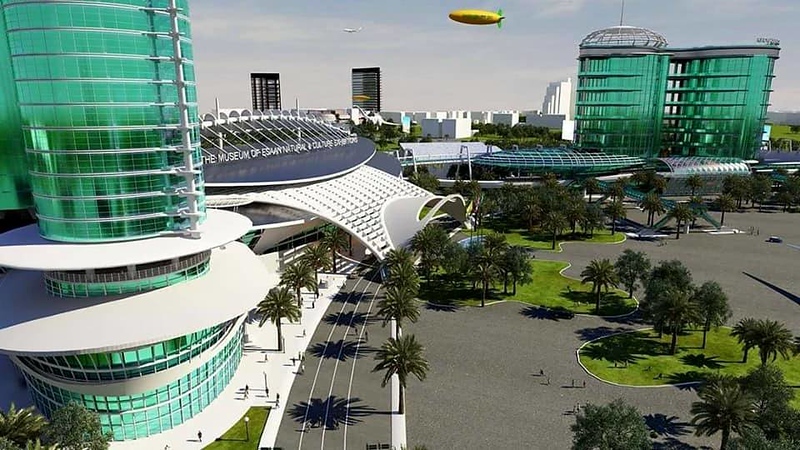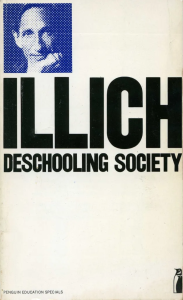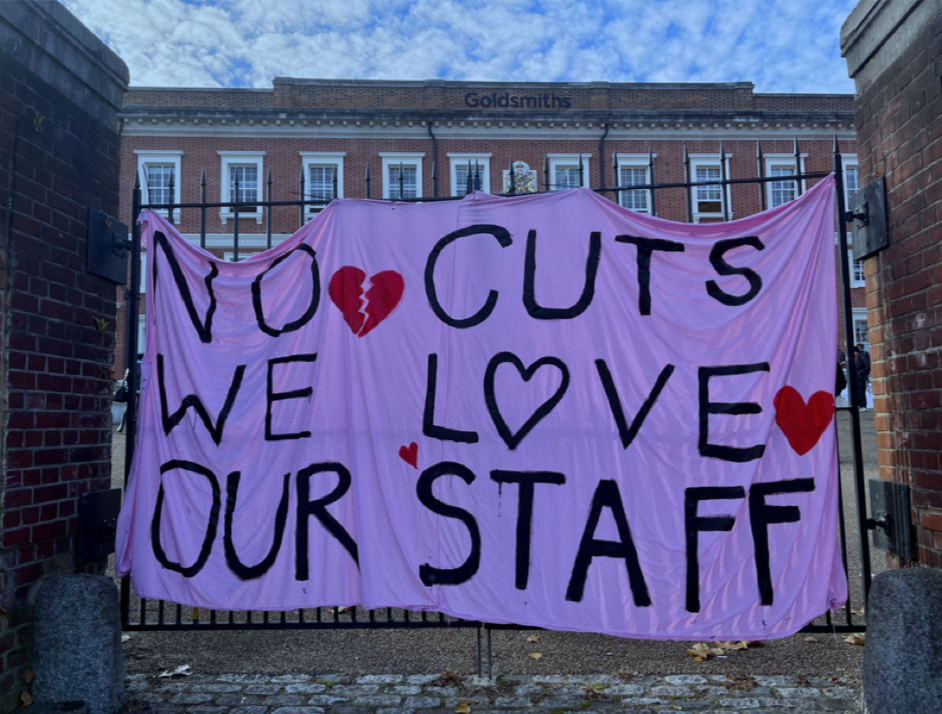Richard MacDonald
VISITOR’S VOICE
Interview with Dr. Richard MacDonald
Outside the Smart City
Please tell us about your research.
My research is broadly concerned with the problem of participation in a technological society. I’ve approached this larger question through more focused ethnographic research on smart urbanism in Thailand and, more recently, on the mediation of public controversy surrounding the construction of high-speed rail in the UK.
A few years ago, I became interested in the idea of the smart city which was then being promoted by influential international and regional agencies, such as ASEAN and the EU, as a policy framework for solving a wide range of urban problems. Broadly speaking the idea of the smart city crystallises around the urban ideal of the data-centred city, a city in which movements, flows and processes could be efficiently managed through ubiquitous computing. Much of the earlier scholarship on smart cities focused on a rather small number of canonical, totemic and perhaps atypical real estate developments. I was more interested in what other scholars of the phenomena referred to as “the actually existing smart city.” For a previous research project on the ritual economy of outdoor cinema in Thailand I had spent time in Khon Khaen, a city in the Northeast of the country. Returning to Khon Kaen I found a city heavily invested, symbolically at least, in smart urbanism, an agenda driven locally by a recently formed private sector development corporation but supported by the central government through its digital economy programme under the banner Thailand 4.0. Undertaking a form of patchwork ethnography, conducted by necessity in short bursts of fieldwork over a period of about a year, I set out to understand the meanings, attractions and address of smart urbanism on the ground. Over the course of the research, I came to think about the smart city less in terms of specific technologies actually deployed in the world, and more in terms of an alluring horizon, a way of channelling aspiration and speaking about and imagining the future. Framing it in this way helped me to situate the entrepreneurial dreams of the urban networks promoting the smart city in Khon Kaen within a broader landscape in which other hopes, hopes of social and political change are perpetually deferred.
Being unable to travel during the first year or so of the pandemic encouraged many of us to re-engage with our immediate surroundings. For me, both the pandemic and the feeling that the climate emergency obliges us to fly less often has encouraged me to develop more geographically proximate lines of research inquiry. My interest in high-speed rail controversies evolved out of this shift of focus, the route tunnels through hills not far from my house. I can cycle to the construction sites!


How many research themes do you have?
Quite a few! I began my research career as a historian of cinema and film culture. I still teach a module called the Archaeology of the Moving Image which explores moving image practice and technology from a critical historical perspective. I have written about vernacular memory practices and urban change. I have an enduring interest in the (historical) infrastructures that support and sustain informal learning and auto-didacticism: public libraries, adult education, public service broadcasting. I consider each of these themes live and open, awaiting renewal.
The thread that runs through these themes has not always been apparent to me at the time. In retrospect I can see that I have been repeatedly drawn to examine the tensions between professions, their forms of expertise and authority and lay people—non-specialists, or to put it another way, the hierarchical relationship, asymmetries and frictions between codified, institutionalised knowledge and situated or experiential knowledge.
Why do you find your research topic interesting?
Smart urbanism has been presented to citizens as the new common sense, a persuasive formula for efficient urban governance in a context of scarcity. It struck me as both interesting and necessary to ask: who is the smart city for? Who benefits most from the smart city? Who is empowered by this particular vision of the future? Of course, many other researchers have been posing these same critical questions—one never works alone. In Thailand, however, my sense was that the technocratic vision of smart urbanism, especially when carried on the powerful currents of entrepreneurial localism, tapping into sentiments of provincial civic pride and identity, had been appraised rather uncritically.
The radical geographer Doreen Massey memorably described space as the sphere of “contemporaneous plurality.” There is plurality because space is composed of a multiplicity of interactions, the implication being that space is always in the process of being made, it is always unfinished. As researcher I am compelled to ask: what else is going on here? How can we multiply the readings of this space? In this case, what alternative futures, alternative modes of collective action, are suppressed or struggling to be heard?
How did you get started in your research and how did you come to focus on your current research?
I came to higher education as a mature student fairly late in life. I was hungry for learning. Studying anthropology and then cultural studies provided me with tools for a more disciplined critical examination of the world and my place in it. I wanted to continue that journey and embarked on a PhD researching the history of amateur film clubs. At the time I was a big cinephile, and I decided to make the institutionalisation of film culture the focus of my research. In hindsight I think that was because cinephilia had provided me with a solid framework for auto-didacticism, self-directed informal learning, in the absence of formal educational institutions. Over time my interests have shifted away from cinema, and the cultures of critical understanding and appreciation constructed around it, to consider how we live with the technological infrastructures of contemporary urban life. As much as anything I think this was simply because I wanted to learn new things and I wanted those things to be closer to the pulse of contemporary life.
Have you had any difficulties in putting together the results of your research into a research paper or book?
I certainly have, writing is always difficult. Added to which it is not always easy to reconcile institutional demands to produce auditable research, that is research published in specific academic journals, with one’s own creative interests and ethical impulses. The writing I admire repays reading many times whilst being jargon-free and accessible to those beyond a specialised discipline. I’ve always aspired to write in a way that would resonate beyond the narrow confines of a discipline or field. I’m not sure I have achieved that yet.
Which books or people have influenced you?
When I was a rebellious seventeen year old and rather dissatisfied with school, I read Ivan Illich’s book Deschooling Society. I promptly stopped going to school and consequently flunked my school leavers exams. To this day I’m not sure whether this was a positive or negative influence. Either way I have always been drawn to non-conformist figures and thinkers who are in some way discomforted by academic institutions and ambivalent towards the kinds of educational capital that accrue there.
What is your ideal image of a researcher?
I’m not sure that I have an ideal image. And I’m not sure if it is helpful to idealise research and researchers when the demands made on early career researchers seeking a foothold in academia get more and more unrealistic and outlandish each year. The researchers I admire go their own way. They are not followers of fashion or fad—they dance to their own beat. They have the courage to undertake slow research, to resist the metrics by which researchers are often judged by their peers. They undertake forms of inquiry that are ethically informed and politically engaged. They are listeners first and foremost, people capable of crossing social thresholds and barriers whilst never forgetting how they themselves are socially situated. They commit to communicate their research to others with candour. They reflect openly on their failures and learn from them. They can readily articulate the larger forces at stake in the specific areas with which they are concerned.
The Italian Marxist Antonio Gramsci insisted that everyone has the capacity and capability for intellectual inquiry, for developing a critical conception of the world and their place in it. So our image of research or intellectual life should not be exclusively concerned with academia as a profession. Perhaps in an ideal world, universities would be spaces dedicated to lifelong learning which would have the role of nurturing those critical capacities and capabilities throughout life and throughout the population. Universities as centres of specialised knowledge production would build strong reciprocal links with researcher educators in social movements, community organisations and trade unions.
What is your must-have gear for field research and writing?
A laptop, a universal plug adaptor, a voice recorder, lots of notepads and pens. And Zotero, of course, which is free and open-source bibliographic software.
What would you say to people who want to become researchers?
In the UK where I work, I am often approached by people interested in researching and writing a PhD who are seeking advice. Understandably the idea of pursuing a PhD and a career in research beyond it crystallises some very powerful ideals and desires: autonomy over one’s work; a sense of meaningful, purposeful work; the pursuit of an intellectual life and self-directed inquiry; a chance to grow creatively and intellectually. Many of us are denied these things in our working lives so the desires are powerful and the motivations strong. It is undeniable that for some embarking on a research career may help them realise some of these goals. In the UK, however, higher education is in a state of prolonged but intensifying crisis caused by a combination of chronic underfunding, marketisation and the long-term erosion of the autonomy and independence of universities. Academics wages have fallen dramatically, and their pensions have been slashed. In arts and humanities disciplines in particular, departments are closing in universities around the country, including my own. In these circumstances so many of my good friends, brilliant researchers, writers and teachers have spent years precariously employed on short-term contracts while the pool of permanent academics in these areas shrinks year on year. A recent survey of 7000 university staff found that two thirds were considering leaving higher education. In the UK currently postgraduate researchers who are funded for the duration of their PhD are currently protesting the fact that their stipend corresponds to a material existence below the poverty line. In these circumstances, undertaking a PhD and embarking on a research career looks like a massive gamble with the odds stacked against you, and as much as I recognise and respect the desire motivating people toward that path, I would have to urge caution. That said, leaving aside professionalised institutions and careers, I believe cultivating a love of research and inquiry is an essential element of the good life.
(July 2022)
Richard MacDonald is a Guest Scholar of CSEAS
from June – August 2022

